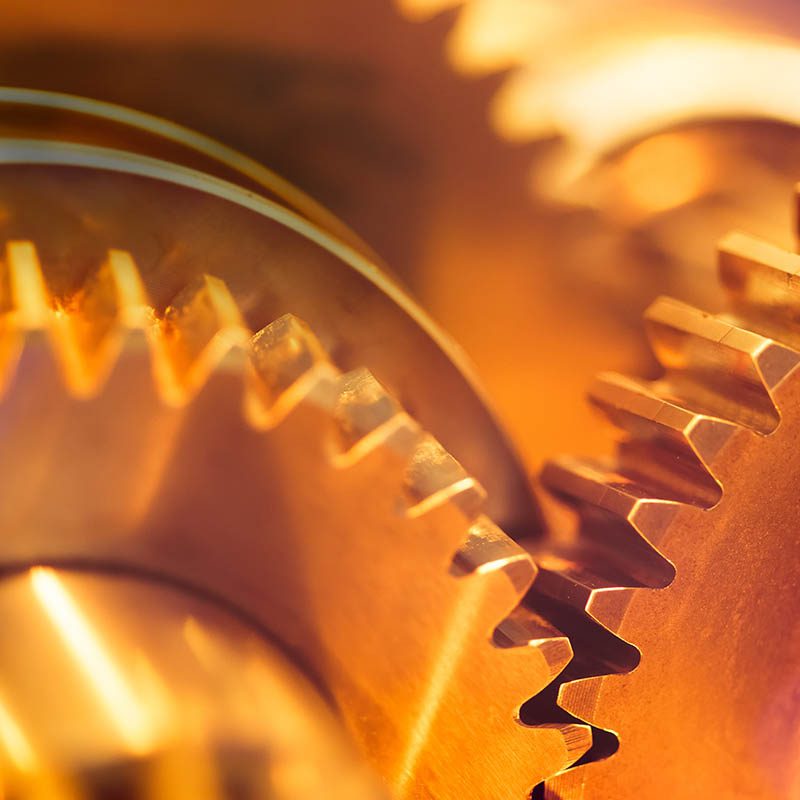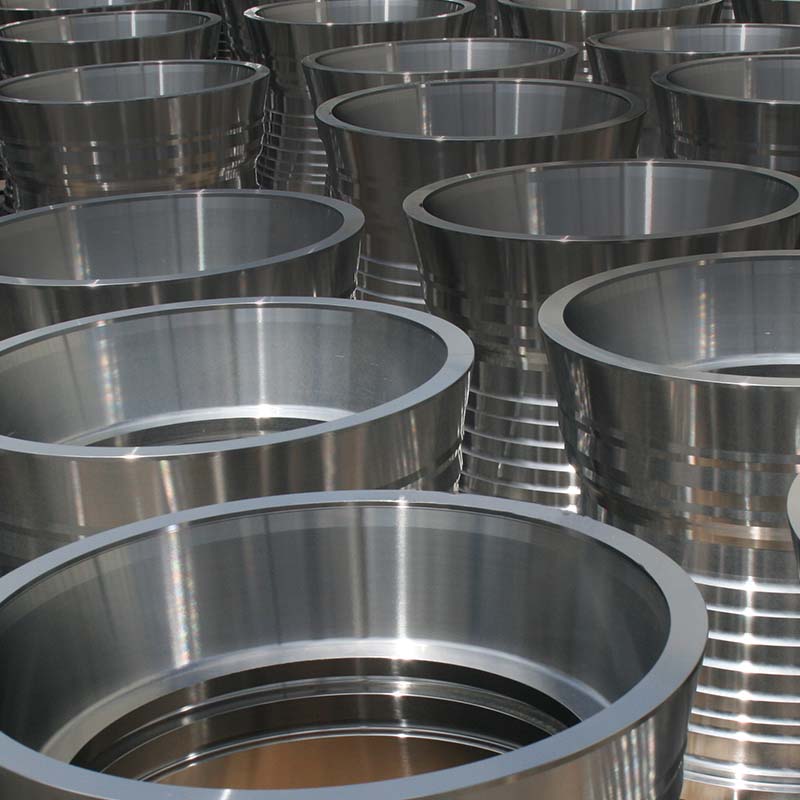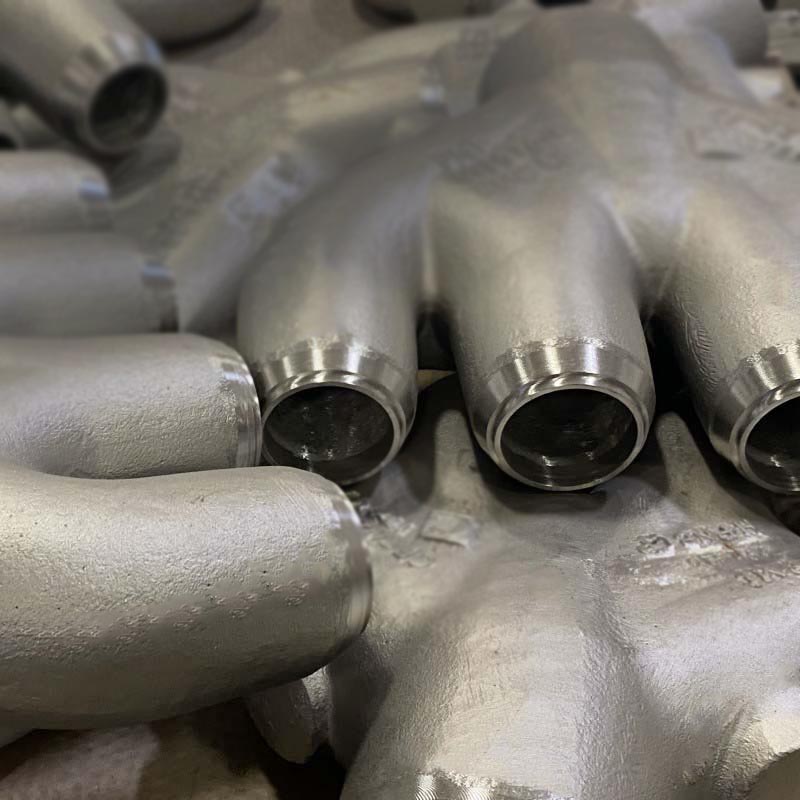Overview
J13095, also known as SC 8630, is a low-alloy steel that offers a balanced combination of strength and toughness for general structural applications. This alloy exhibits good tensile strength, enabling it to withstand significant loads and stresses without permanent deformation. Its excellent toughness allows it to absorb impact energy and resist fracture, making it suitable for applications where components may experience sudden shocks or vibrations. This combination of strength and toughness makes J13095 a versatile choice for various structural components, providing reliable performance and durability in demanding environments.
Typical Uses
Cylinders, hollow shafts, piping, and various types of rolls.
MetalTek Designation
MTEK 8630
Poured At:
Carondelet Division, Sandusky International Division, Wisconsin Centrifugal Division, Wisconsin Investcast Division
Similar Specifications
Cast UNS: J13095
Wrought UNS: G86300
Wrought Grade: AISI 8630
Cast Grade: SC 8630
Cast ASTM: A915, A732, A958
Typical Chemical Composition (% by wt.)
Aluminum: n/a
Carbon: 0.3
Chromium: 0.5
Manganese: 1
Iron: BAL
Copper: n/a
Nickel: 0.5
Lead: n/a
Tin: n/a
Silicon: 0.5
Zinc: n/a
Other: Mo 0.20
Minimum Mechanical Properties
Heat Treatment: Normalize
Frequently Asked Questions
Alloy steels are steels alloyed with elements such as chromium, nickel, molybdenum, or vanadium to improve mechanical properties and performance.
Alloy steels are used in aerospace structures, pressure vessels, pipelines, tools, and machinery requiring high strength and toughness.
Alloy steel differs from carbon steel by the addition of alloying elements like chromium, nickel, and molybdenum to improve mechanical properties and corrosion resistance.
Types include low-alloy steel (up to 8% alloying elements) and high-alloy steel (above 8%), tailored for strength, wear resistance, or toughness.
Commonly added elements include chromium, nickel, molybdenum, vanadium, manganese, silicon, and boron to enhance strength, hardness, and corrosion resistance.



